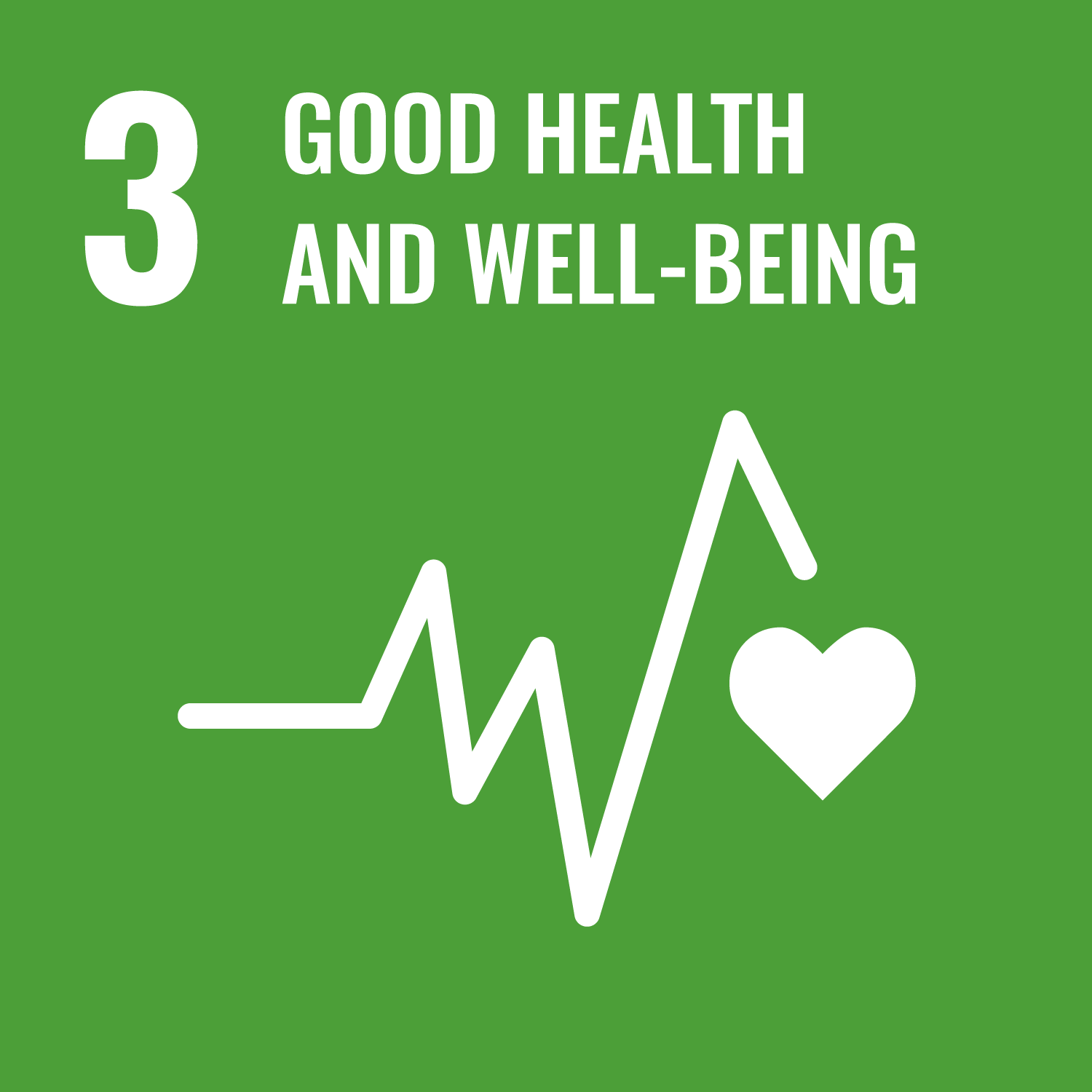Eye Health Social Impact Guarantee
Aligned SDGs

- Eye Health Social Impact Guarantee
- General overview
- Intervention
- Target population
- Location
- Outcome metrics
- Last data update
- Spreadsheet of data
- Eye Health Social Impact Guarantee
- General overview
- Intervention
- Target population
- Location
- Outcome metrics
- Last data update
- Spreadsheet of data
General overview
Stage of development: Scoping
Policy sectors: Health
Type of instrument: Social Impact Guarantee
Delivery locations: Bangladesh / Cambodia / Indonesia / Nepal / Vietnam / and others
Country classification: Lower-middle-income
Expected launch date: Q2 - 2023
Project design process began: Q4-2021
Max potential outcome payment: USD 3.60m
Intervention
Social or environmental challenge
More than a billion people in the world have poor vision. The solutions are already available for 90% of them through cost-effective solutions like glasses and cataract surgery. Low- and middle-income countries are home to 90% of visually impaired persons. Women and girls experience the majority of vision loss and are less likely to receive care. There is an estimated $410 billion annual global cost of productivity losses associated with vision loss. The World Health Organization estimates it would take $24.7 billion to close the gap for unaddressed refractive errors and cataracts globally.
Poor vision is a major public health problem in Vietnam for school-going children. Over 3 million school children have a visual impairment, and they face challenges in accessing high quality services and assistive technologies. In Vietnam, prevalence of uncorrected refractive error among urban school children aged 6–15 years is 25–40%, which is one of the highest in the world. Of those who have uncorrected refractive error, only 33% of them have access to a pair of spectacles, which 60% of the time is likely an incorrect prescription. Key drivers included the lack of consideration of eye health in prior school health policy frameworks, the lack of guidelines for implementing vision screening during annual school health check-ups for children, poor awareness of the importance of eye health among teachers, and the lack of training resources for school nurses and teachers to provide eye health services and referrals. School eye health is now an important priority for the government. In February 2022, the Government of Vietnam announced the objective of implementing the National School Eye Health Guideline across all schools in Vietnam.
Description of the intervention
The intervention will work to strengthen the rollout of the Vietnamese Government's National School Eye Care guidelines. Activities will include school-based screening, diagnosis, referral, and treatment interventions, along with educational communications campaigns to facilitate preventative eye care. The programme is taking a systems strengthening approach including capacity building, health system integration and development of new processes.
Target population
The primary target population is school children from 6–15 years old, prioritising economically disadvantaged and ethnic minority communities.
Location
Country:
- Bangladesh
- Viet Nam
- Cambodia
- Indonesia
- Nepal
Locality:
- Bangladesh
- Cambodia
- Indonesia
- Nepal
- Vietnam
- and others
Outcome metrics
- TBD
Last data update
Data for this pipeline project was last updated in April 2022
You might have noticed that some pipeline projects have more data than others. This is because organisations can share as much data as they want with the INDIGO initiative. If you have more data on one of these pipeline projects and would like to share with us, please get in touch at indigo@bsg.ox.ac.uk. Our full list of variables and data definitions can be found here.
Spreadsheet of data
Important Notice and Disclaimer on INDIGO Data
INDIGO data are shared for research and policy analysis purposes. INDIGO data can be used to support a range of insights, for example, to understand the social outcomes that projects aim to improve, the network of organisations across projects, trends, scales, timelines and summary information. The collaborative system by which we collect, process, and share data is designed to advance data-sharing norms, harmonise data definitions and improve data use. These data are NOT shared for auditing, investment, or legal purposes. Please independently verify any data that you might use in decision making. We provide no guarantees or assurances as to the quality of these data. Data may be inaccurate, incomplete, inconsistent, and/or not current for various reasons: INDIGO is a collaborative and iterative initiative that mostly relies on projects all over the world volunteering to share their data. We have a system for processing information and try to attribute data to named sources, but we do not audit, cross-check, or verify all information provided to us. It takes time and resources to share data, which may not have been included in a project’s budget. Many of the projects are ongoing and timely updates may not be available. Different people may have different interpretations of data items and definitions. Even when data are high quality, interpretation or generalisation to different contexts may not be possible and/or requires additional information and/or expertise. Help us improve our data quality: email us at indigo@bsg.ox.ac.uk if you have data on new projects, changes or performance updates on current projects, clarifications or corrections on our data, and/or confidentiality or sensitivity notices. Please also give input via the INDIGO Data Definitions Improvement Tool and INDIGO Feedback Questionnaire.